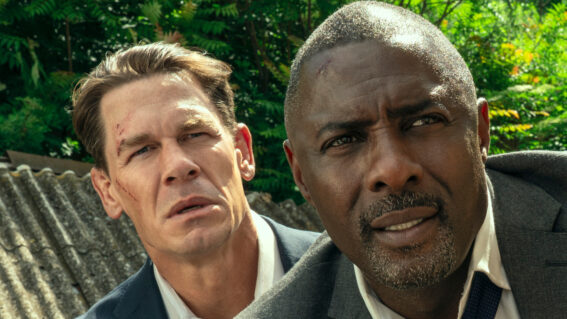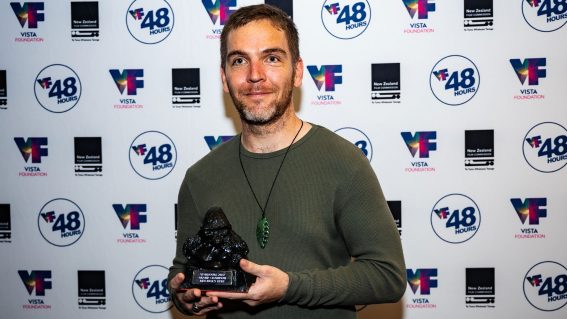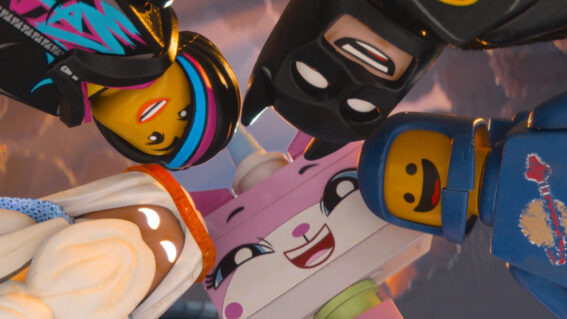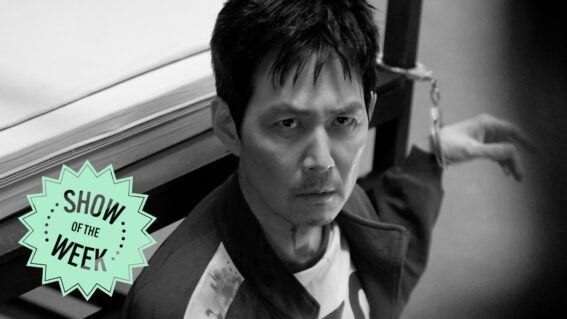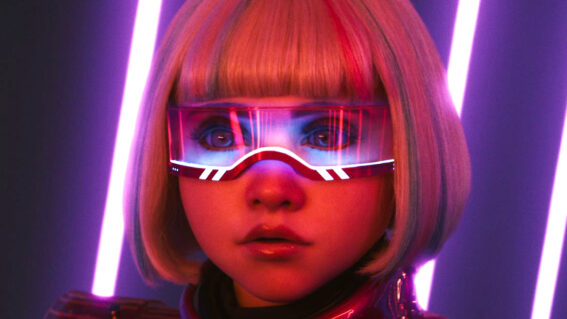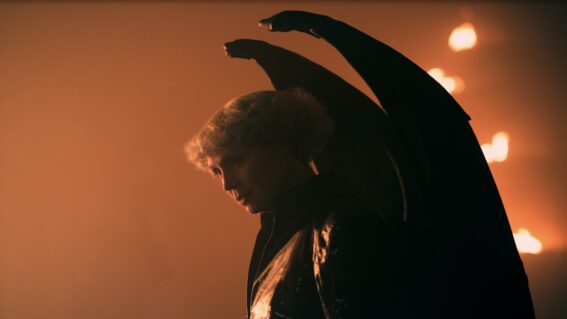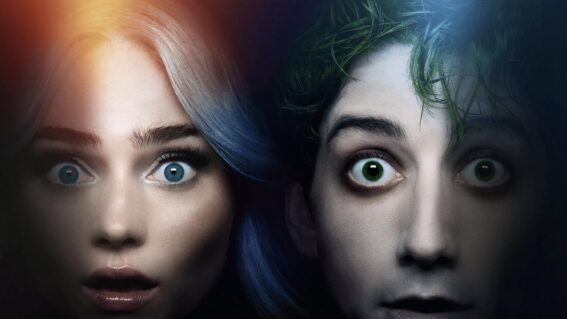Why we need to know more about NZ activist Bill Youren, subject of Building Bridges
“One of the few [Hawke’s Bay] bridges still standing [after Cyclone Gabrielle] was the one that Bill built and is featured in the film.”
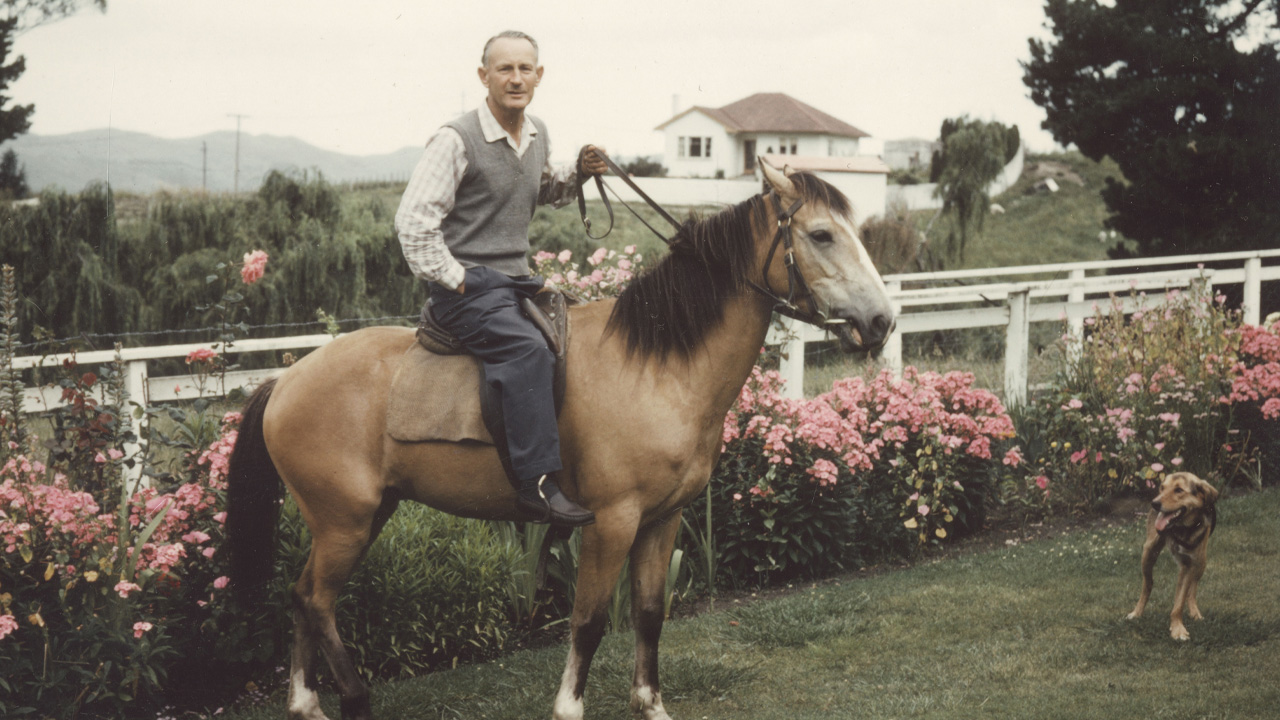
Building Bridges: Bill Youren’s Vision of Peace makes its World Premiere at Whānau Mārama: New Zealand International Film Festival 2023. We learn more about the film, and its fascinating subject, from director John Chrisstoffels.
Describe your movie in exactly eight words.
Farmer, activist and writer builds bridges of peace.
How did you first come across Bill Youren, and what drove you to tell his story?
The initial idea for the film came from university colleagues James Beattie and Richard Bullen, who wrote a book on Bill Youren. Subsequently, after an exhibition of the Youren Chinese art collection circa 2014, English Professor Paul Millar suggested a short film be made to promote further exhibitions. After screening that film in 2018, it was obvious that he was a beloved character still fondly remembered in Hawkes Bay. There was a bigger story to tell, and we had only seen the tip of the rich 8mm archival footage shot by Bill.
This story is also driven by the rich interviews given by people, some of them well into their 90s. A number of these people died while I was editing the film. I felt compelled that a wider audience needed to hear their stories. In particular, Max Wilkinson gives a remarkable first-hand account of his work with Rewi Alley in China and his involvement in the New Zealand communist party.
Take us through the first time you got your hands on Youren’s 8mm archival footage.
As a filmmaker, I was immediately taken by the 8mm footage shot by Bill Youren. You could tell that there was a visual storyteller behind the camera, holding the shot and crafting sequences. His films were shot mainly in the late ’40s and throughout the 1950s. A time well before television, there is unique footage here that needs to be seen alongside the rich NZ Film Unit archive.
Would you consider the release of this film to be a timely one?
Yes, there are many timely issues presented in the film. Firstly, with Chris Hipkins recently visiting China, the film reminds us of the fraught and fragile relationship New Zealand has had with China over the last 70+ years. Bill Youren was an early advocate of Aotearoa moving away from colonial and American influence, decades ahead of our current Nuclear Free independence admired worldwide. We should constantly be reminded of the ‘hard yards’ that early peace activists did in paving the way to a better society. As a source of aspiration, we should also see Bill Youren in contemporary light as a model for future global unity and peace.
As a quirk of fate in the tragic aftermath of Cyclone Gabrielle in February, the Hawke’s Bay farming community in Rissington lost many roads and bridges. One of the few bridges still standing was the one that Bill built and is featured in the film. This bridge now links many neighbouring farms. Bill’s legacy is still bringing people together through building bridges.
During production, what was the biggest hurdle you had to overcome?
We had no recording of Bill speaking. Instead, we had his many erudite letters to newspapers and magazines. I was initially worried that his often academic writing might sometimes seem lacking in subtlety and warmth. In the end, and in the hands of veteran broadcaster Geoff Robinson, there is an authentic humanity at pains to remind us to value peace at all costs.
What was the hardest cut you had to make in the editing room?
The film is Bill Youren’s story, and his life touched many interesting people. Just about everyone interviewed could have had a film of their own. Peace activist Maire Leadbeater might have talked further about protesting in the 1950s and 60s. Politician Chris Elder could have talked more about NZ/China relations in the 1970s, and Max Wilkinson could have told us more about his life with Rewi Alley and the 1949 revolution in China.
For you, what was the most memorable part of this whole experience?
I have been a filmmaker for over 35 years, and the appeal is simply; he tāngata, he tāngata, he tāngata.






